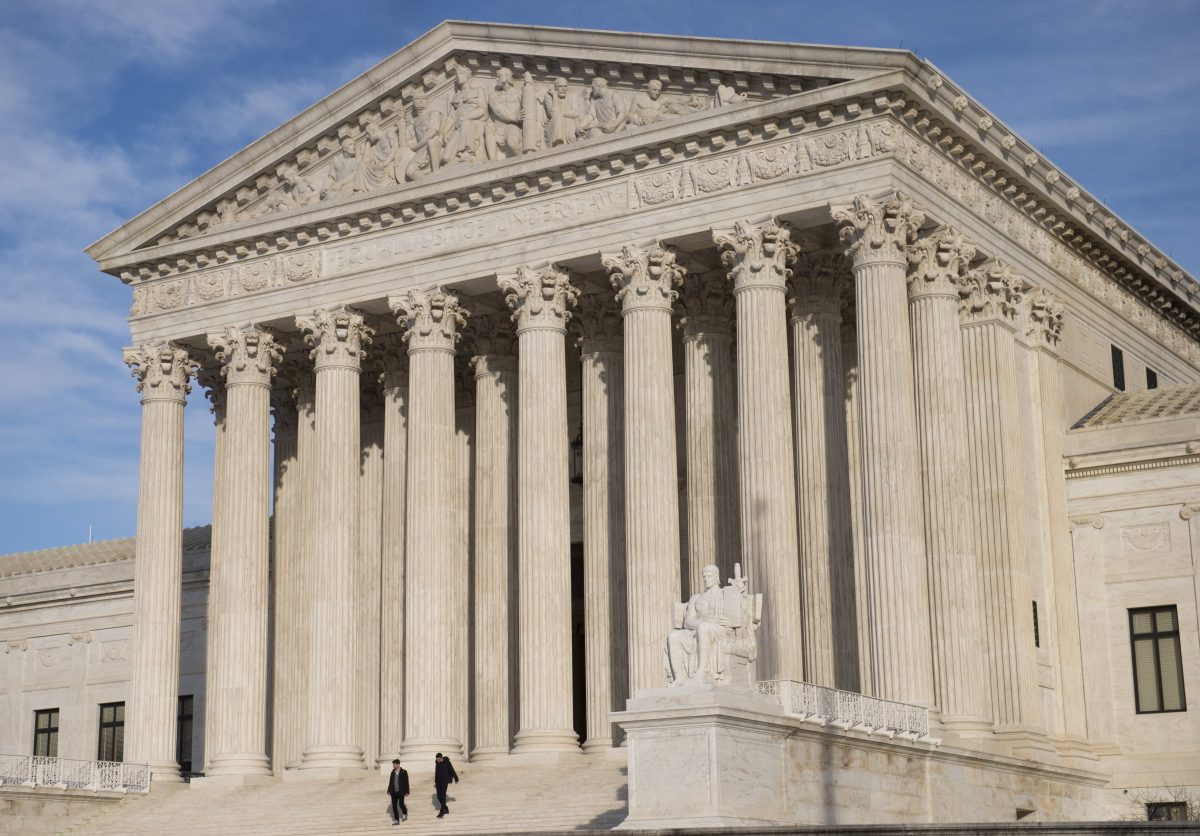
On the last day that the Supreme Court handed down opinions for the current session, they issued their long-awaited decision in Janus v. AFSCME, where the issue was whether an employee who is not a member of a union can be required to pay union fees for the collective bargaining that they do on his behalf. In a landmark ruling, the Supreme Court ruled that these fees are unconstitutional, reversing a decades-old court precedent.
Mark Janus, a state-employed child support specialist, brought the case claiming that these fees violate his First Amendment rights because they force him to finance a union that engages in political speech regarding government policies like pensions and benefits. The fees are not the full amount of union dues, but a percentage known as an “agency fee.”
A similar case went before the Court in the form of 1977’s Abood v. Detroit Bd. of Educ. Back then, the Court ruled that these types of fees are allowed. The issue went before the court more recently, but the Court deadlocked in a 4-4 decision after the death of Justice Antonin Scalia.
The Court’s opinion, written by Justice Samuel Alito, said that a forced union fee “violates the free speech rights of nonmembers
by compelling them to subsidize private speech on matters of substantial public concern,” and that the Abood decision was an error of the Court and “was poorly reasoned” and “led to practical problems and abuse.”
Alito noted that Abood allowed fees if they covered activities “germane to [the union’s] duties as collective bargaining representative,” but not for funding “the union’s political and ideological projects,” but that in Janus’ case, the union’s fees covered other things like lobbying, recreational activities, and advertising, and the fee amounted to 78.06% of the cost of union dues.
The case resulted in the Court reexamining their position on Abood, with Alito recognizing that the First Amendment “includes both the right to speak freely and the right to refrain from speaking at all.”
Alito echoed Justice Anthony Kennedy‘s concurrence with Tuesday’s NIFLA v. Becerra decision, saying, “When speech is compelled, however, additional damage is done. In that situation, individuals are coerced into betraying their convictions.” The NIFLA case ruled that a state law could not force religiously-affiliated pregnancy centers to provide information about abortions.
Aliton said agency fees are comparable because “[c]ompelling a person to subsidize the speech of other private speakers raises similar First Amendment concerns.”
Union supporters have argued that by not requiring agency fees, those who don’t pay would be benefiting from the union’s work without sharing in the cost. As Justice Alito said, Janus claims ” he is not a free rider on a bus headed for a destination that he wishes to reach but is more like a person shanghaied for an unwanted voyage.”
It doesn’t matter, Alito said, that unions are supposedly representing the best interests of the workers, as the workers may disagree with how this is being done. The Constitution, he wrote, ” does not permit the government to compel a person to pay for another party’s speech just because the government thinks that the speech furthers the interests of the person who does not want to pay.”
The case is now being sent back down to a lower court, in light of this change, 41 years in the making.
“Abood was wrongly decided and is now overruled,” Alito concluded.
This article will be updated with additional details.
[Image via SAUL LOEB/AFP/Getty Images]